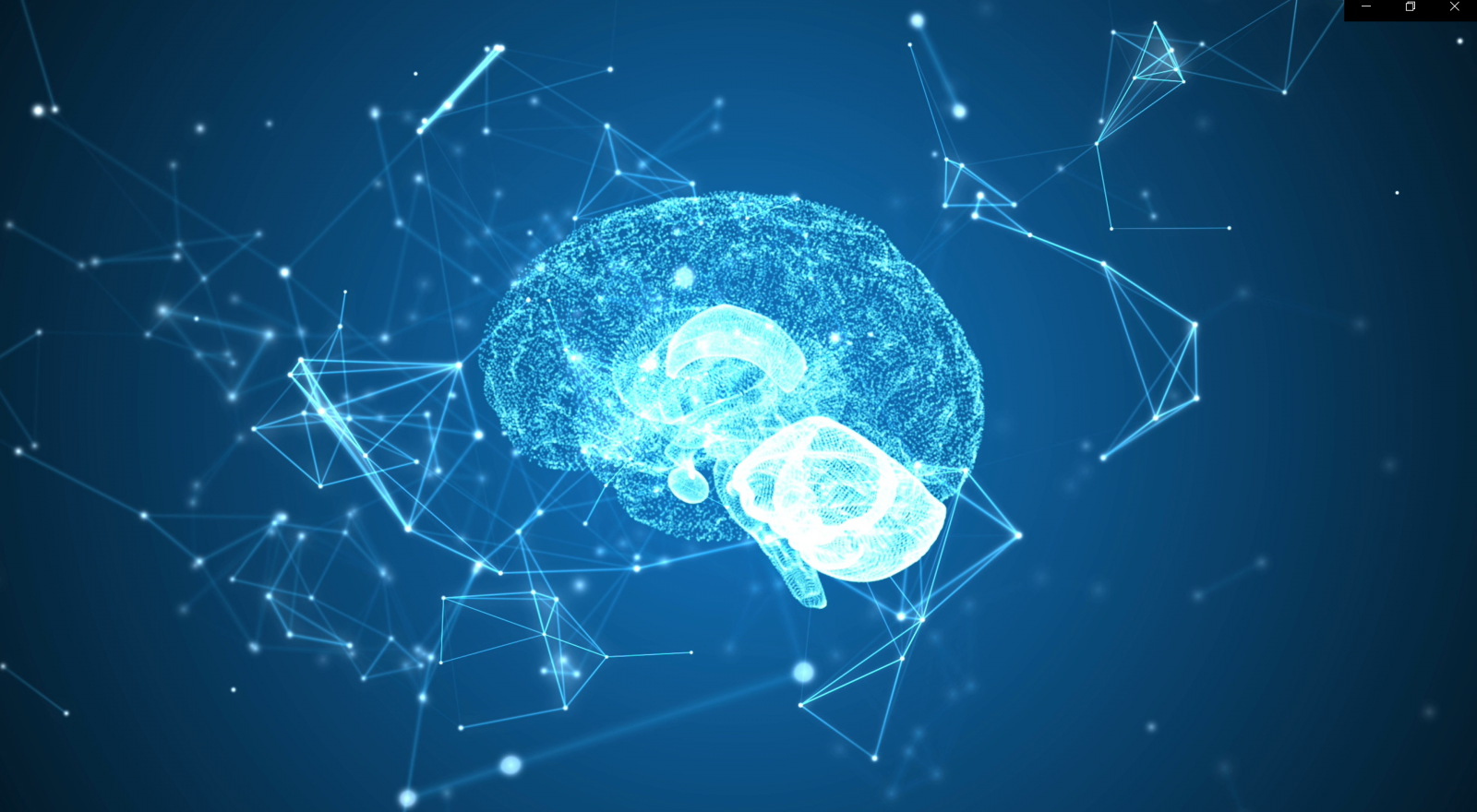Big data and diseases of the nervous system: APSS and FBK in the NEUROARTP3 project
Sharing clinical data in a structured way so as to improve the ability to predict, prevent and treat conditions such as Alzheimer's and Parkinson's disease, ALS, multiple sclerosis and brain tumors, reducing their impact on the national health system.
This is the goal of the NeuroArtP3 project, a three-year program coordinated by the IRCCS Policlinico San Martino Hospital, which also involves the Trento Province Healthcare System and Fondazione Bruno Kessler in cooperation with the TrentinoSalute4.0 competence center for digital health. Other partners include the Gaslini Hospital and the University of Genoa, the San Raffaele Hospital in Milan and the Don Gnocchi Hospital in Florence. The project is co-funded by the Ministry of Health and by the Regional Governments of the partner centers.
The project aims to make the most of the large amount of clinical data available to improve the management of central nervous system diseases: to collect the highest possible number of epidemiological, clinical and laboratory information in order to process – through artificial intelligence – mathematical algorithms for identifying patterns of therapy prognosis and response.
Big data represents one of the most delicate nodes for healthcare organizations: clinical information is constantly growing, especially for chronic and multifactorial diseases, comes from multiple sources and is often encoded and stored in different formats and media. To be used to its full potential, it requires rapid processing, a uniform architecture as well as digital platforms and specific mathematical and clinical skills.
NeuroArtP3 will therefore start by digitizing, standardizing and organizing the data of patients with central nervous system diseases from the clinical centers involved in the study. The ultimate goal is to develop predictive models and algorithms that will link the health status to the subsequent evolution of such complex diseases, for an increasingly personalized treatment: a challenge that opens up new perspectives for the treatment of neurological diseases.
The NeuroArtP3 project has received funding for 2,400,000 euros, half from the Ministry of Health and the other half from the Autonomous Province of Trento, the Liguria Region, the Lombardy Region and the Tuscany Region Governments.
As for the research goals of the work involving the researchers at Fondazione Bruno Kessler, in particular with the eHealth research unit, and APSS, they are as follows:
- construction of a retrospective and prospective shared database of clinical, imaging and laboratory data of patients from the hospitals involved in the project;
- processing of this clinical data to develop different predictive models based on artificial intelligence, capable of predicting various clinical outcomes regarding neuroinflammatory, neurodegenerative and neuro-oncological diseases (such as Parkinson’s disease, Multiple Sclerosis, Alzheimer’s disease, pediatric and adult brain tumors).
Once developed and validated, the models will strongly push the development of highly innovative procedures and new knowledge useful for improving the opportunities for prevention, diagnosis, treatment, rehabilitation through clinical studies and trials.
«Every single patient suffering from a neurological disease – said director of the Apss Neurology Unit Bruno Giometto – generates thousands of data. We must not be “overwhelmed” by this amount of data, but we must network with other centers to manage them and make the most of them. The data must be processed, validated and integrated, with the ultimate goal of creating new value for health providers: more accurate information allows in fact to better direct intervention strategies and research areas.».
Interview with researcher Venet Osmani, FBK coordinator for the scientific part concerning artificial intelligence and predictive models for the NeuroArtP3 project

